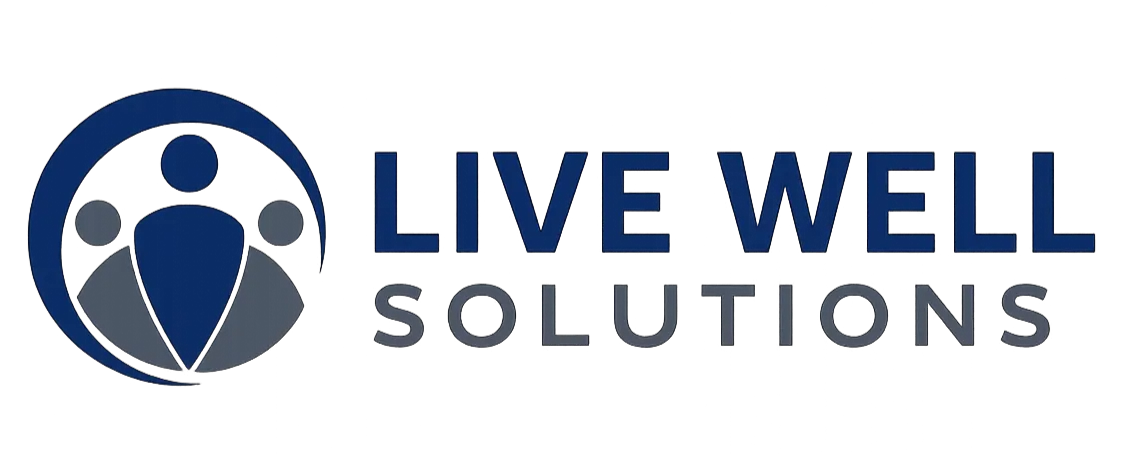
Medicare Insurance
Life is full of surprises — some joyful, some challenging. As we grow older, our healthcare needs change, and it’s important to be prepared. Medicare coverage can make a huge difference in ensuring you get the care you deserve without overwhelming costs.
Live Well Solutions LLC offers personalized Medicare options designed to match your health needs, lifestyle, and budget. We walk with you through the process, making sure you feel confident, informed, and protected — because peace of mind starts with having the right coverage.
Comprehensive Healthcare Coverage
Medicare helps cover a wide range of medical services — from doctor visits and hospital stays to lab work, preventive care, and more. Depending on your plan, you can also get coverage for prescriptions, dental, vision, and hearing needs.
Customizable Plan Options
Medicare isn’t one-size-fits-all. Whether you choose Original Medicare or a Medicare Advantage plan, you have the flexibility to select coverage that matches your health needs, budget, and lifestyle — with the help of a licensed agent to guide you.
Affordable Access to Quality Care
With Medicare, you gain access to a trusted network of healthcare providers — often at a lower cost than private insurance. Many plans offer $0 premiums or copays, helping you stay healthy without sacrificing financial peace of mind.
Why Medicare Insurance?
As we age, healthcare becomes one of the most important parts of our lives — and one of the most expensive. Medicare insurance helps ensure you get the care you need without draining your savings. It’s about more than coverage; it’s about confidence. With the right Medicare plan, you can see the doctors you trust, access vital prescriptions, and plan ahead without fear of overwhelming medical bills. It’s protection, peace of mind, and the freedom to focus on living well.
Read Reviews From Happy Customers.
When accidents happen, it's important to have the right insurance. Your home and all that is inside of it are protected from damage by having this type protection plan in place.
Colleen N
Satisfied Customer
The team at The California Insurance Agency is more than just an agency. They are your trusted advisor, ready with the information and resources needed to make sure you’re getting ahead in this competitive industry!
Kaydi S
Satisfied Customer
When accidents happen, it's important to have the right insurance. Your home and all that is inside of it are protected from damage by having this type protection plan in place.
Colleen N
Satisfied Customer
National Producer Number
20323090
Licensed in the Following States:
Illinois
Our Office Hours
Mon: 7:30 AM – 5:00 PM
Tues: 7:30 AM – 5:00 PM
Wed: 7:30 AM – 5:00 PM
Thurs: 7:30 AM – 5:00 PM
Fri: 7:30 AM – 4:00 PM
Sat: By Appointment
Sun: Closed
© Copyright - Live Well Solutions LLC
